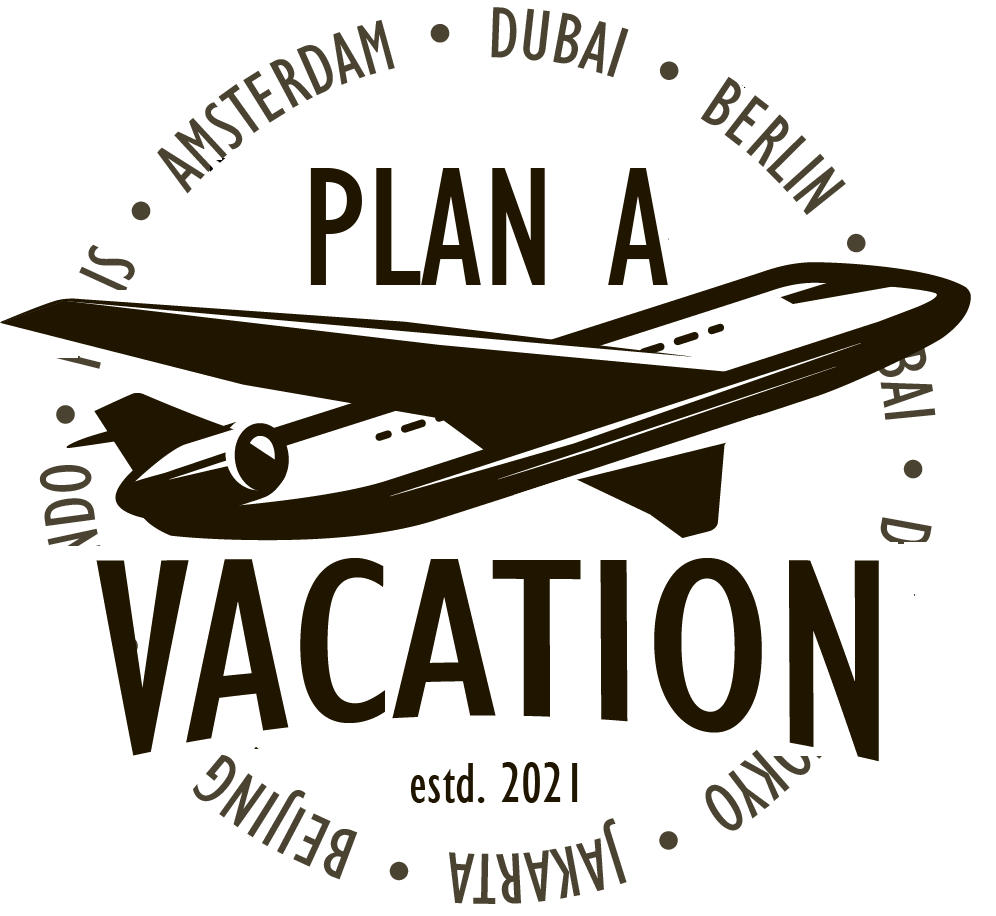Manchester

Overview
Outside of London, Manchester is perhaps the United Kingdom's most culturally dynamic city. Indeed, Manchester has been the central hub of Northern English culture for generations. Today, the city is justly celebrated for its industrial past and for its compelling arts scene. The city's fascinating past is also deeply tied to the history of social progress within the United Kingdom.
Visitors to Manchester will find a city full of compelling cultural districts and a population that is both friendly and down-to-earth. Walking around the city can often feel like taking a stroll through England's history: Here, gorgeous Victorian mansions can be found nestled alongside sterling examples of contemporary architecture.
In comparison with its older sibling London, Manchester also has a thrifty air about it that can provide travelers with inexpensive delights at every opportunity. There is truly something here for everyone.
Quick Facts About Manchester
- Manchester is home to one of the world's most famous music scenes. Bands like Oasis, The Smiths, The Stone Roses, New Order, Joy Division, Simply Red, and The Verve all got their start in the city's live music venue scene.
- Manchester was the birthplace of the Industrial Revolution. Its many factories and mills drove British industries for generations and turned England into one of the most powerful empires in the world during the Victorian era. The growth of Manchester during the 19th Century was depicted by Victorian authors ranging from Charles Dickens to Elizabeth Gaskell.
- Public education is at the core of Manchester's egalitarian system of values. The first public reference library in Britain was built here.
- The University of Manchester is one of the UK's top institutions of higher learning. The school now rivals Oxford and Cambridge Universities in terms of both its research output and its student educational results.
- The sport of British football is huge here. Indeed, rival teams Manchester United and Manchester City have some of the most diehard fans in the UK. Football games are citywide events in Manchester.
Map
What is the area of Manchester?
Manchester encompasses a very large area extending into a bevy of surrounding suburbs and rural districts. The city is almost 45 square miles in size; driven in large part by the Industrial Revolution, Manchester quickly expanded over the course of the 19th Century. It is now one of Britain's largest and most populous cities.
What are some fun things to do in Manchester?
If you're a British football fan, Manchester will undoubtedly become your new home away from home. Close to the city's central shopping district, the National Football Museum will walk you through the sport's history and introduce you to some of its finest players.
A powerhouse in the sporting world by any measure, the Manchester United football team has been home to luminaries such as David Beckham and Cristiano Ronaldo. Stopping into this wonderful museum before attending a football match at Old Trafford Stadium should be a rite of passage for anyone who loves learning about new sports.
For history buffs, a visit to Chetham's Library also shouldn't be missed. This wonderfully-preserved historical building is home to the UK's first public reference library. Visitors will be amazed at the library's age-old holdings and remarkable collection of first-edition volumes. Manchester's history doesn't get much more intense than this.
For a fun day out, try taking a drive from Manchester to nearby Liverpool. Regular tours of Beatles sights and a Beatles museum make this charming city a paradise for Fab Four fanatics.
If you're a fan of the great outdoors, the nearby Peak District National Park is a sprawling rural area redolent with classic English beauty.
If you're a fan of nightlife, you'll undoubtedly be wowed by Manchester's thriving music culture. A series of four live music venues, the Manchester Academy has long held a special place in the area's music scene: Indeed, the clubs here have played host to everyone from The Who to AC/DC. The Academy is a great stopover if you want to catch tomorrow's biggest bands before they break into the national spotlight.
What borders the city of Manchester?
Manchester is somewhat close to the sea and is the industrial hub of Northern England. Its closest urban neighbors are Liverpool to the west and Sheffield to the east. Nearby towns such as Huddersfield and Macclesfield are also home to sizable populations.
Nearby to Manchester's city limits lies the remarkably beautiful Peak District National Park. This area has been depicted by authors and artists for generations; writers such as Jane Austen, William Wordsworth, Charlotte Brontë, and George Eliot have all drawn inspiration from the region's gorgeous landscapes and towering country estates.
How can you get to Manchester?
As one of the Britain's leading cities, Manchester is very easy to travel to. Visitors traveling from London can catch one of the many high-speed trains departing from Euston Station that are offered daily. Manchester Airport is also a major flight hub in the UK that is a perfect stopover for international travelers.
The city also has some of the most easy-to-use highway and road systems in England: In particular, the M60 motorway makes getting to and from Manchester easy. The road surrounds the city and provides plenty of access to surrounding areas. Travel by light rail within the city is also very easy thanks to Manchester's efficient and comfortable Metrolink tram system.
